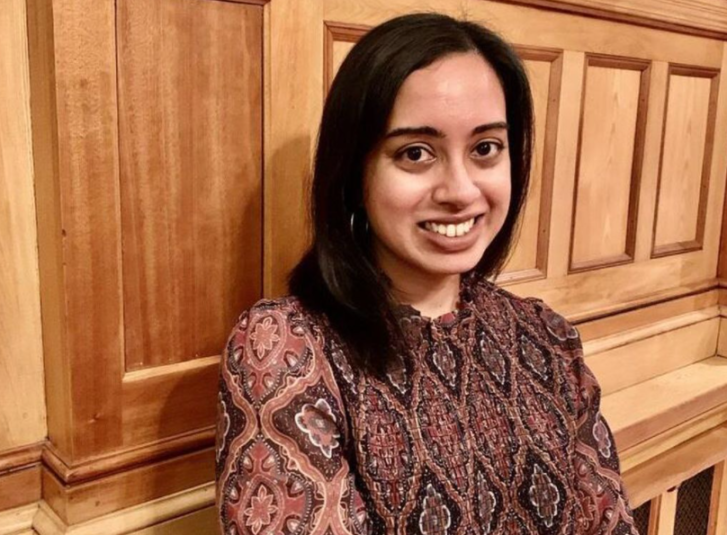This post is also available in: 简体中文 繁體中文
“I truly believe the findings that we found at the University of Toronto can likely be extended across all universities in Canada,” said lead author Ananya Tina Banerjee.
A new report found that racialized students are more than twice as likely to think of their overall health as poor, in comparison to white students.
Researchers surveyed about 1,250 students across faculties at the University of Toronto between 2017-18 and asked them to rate their general health, among other questions.

There was a “striking difference” in self-rated health among racialized students, who were as a whole 2.43 times as likely to call their general health poor, compared to students identifying as white/Caucasian.
The highest were among Asian and South Asian students who were 2.77 and 2.52 times more likely to report poor health, respectively.
“I truly believe the findings that we found at the University of Toronto can likely be extended across all universities in Canada,” said public health professor Ananya Tina Banerjee, who led the report along with Ashley Lau and Jacqueline L. Bender.

General health reporting is all encompassing, and has also been found to be significantly associated with mental health, the paper said.
Banerjee said she decided to analyze this data considering her own interactions with students.
“I saw day in and day out, our racialized students suffering quite a bit in the learning spaces and academic environments,” she said, listing microaggressions, mental health, financial challenges and OSAP cuts as some issues that were weighing on students she spoke with.
Co-author Lau said, “This is just not something that is often collected or talked about.”
There has been a wide call for race-based data to be collected in Canadian institutions, since the racial reckoning and onset of the COVID-19 pandemic in 2020, which several have committed to fulfilling.
Students and those involved in the report hope it encourages more sincere focus on data about race and well-being.

University is a stressful experience for all students, but racialized students do deal with unique stressors, like stigma and discrimination, said PhD student Yasmin Sheikhan.
“I feel like these institutions, they kind of have a responsibility to further the health equity conversation and support racialized students,” said Sheikhan, who is studying health outcomes at UofT.
Sheikhan added that in her experience, universities will offer good interventions in a crisis, but shifting focus to prevention would be a next step.
Article From: The Star
Author: Angelyn Francis

